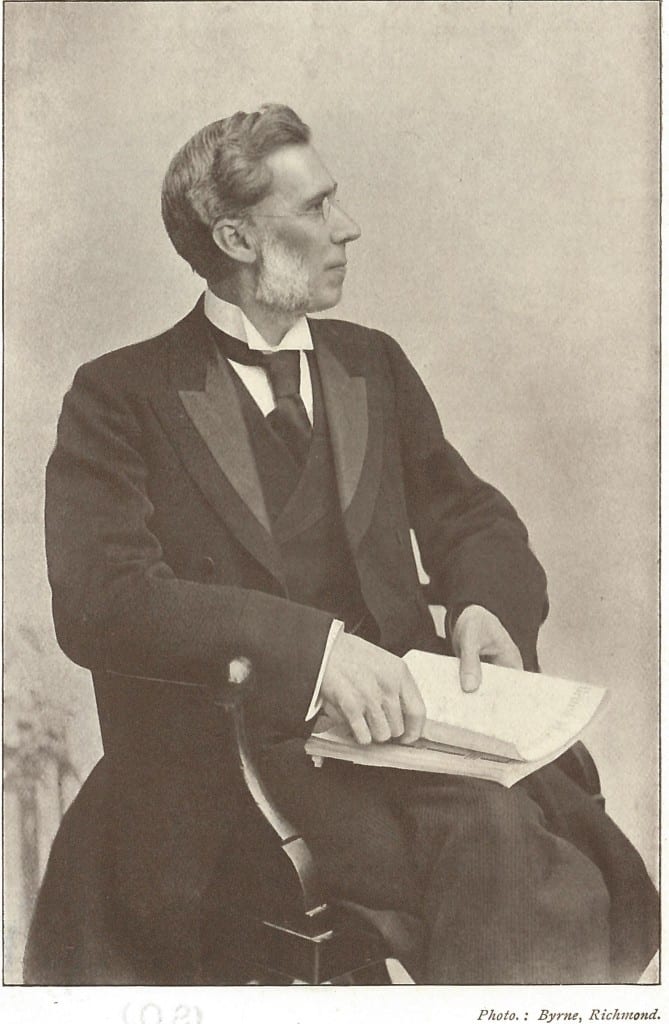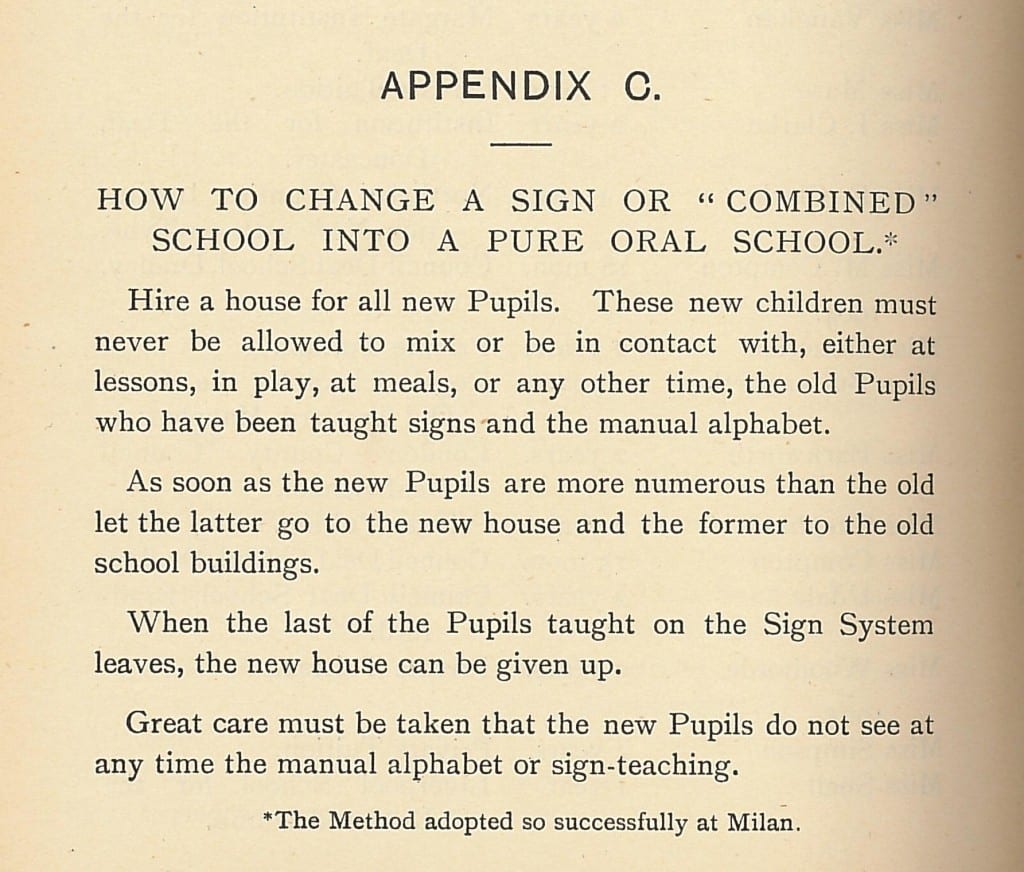“the deaf […] were specially liable to consumption for want of properly exercising their vocal organs”: Edmund Symes-Thompson
By H Dominic W Stiles, on 11 July 2014
Edmund Symes-Thompson (1837-1907) was born in Keppel Street in London, in the house next door to that where Anthony Trollope had been born in 1815. His father Dr Theophilus Thompson F.R.S. (1807-60) was one of the founders of the Brompton Hospital, where he was an expert in Consumption, and according to his DNB entry “is credited with being the person who introduced cod-liver oil into England”, no doubt endearing him to generations of children then yet unborn.
Edmund followed his father into the medical profession, training at Kings College London where he won several prizes. He too went to work at the Brompton Hospital and became an expert in chest diseases.
In addition to his work as a doctor, he was Professor of Physic at Gresham College and lectured there for many years. Although some of his ideas seem bizarre now, he was was accepting of the scientific discoveries of his lifetime, but sought to reconcile them with his deeply held religious beliefs. He expressed this through membership of the Guild of Saint Luke, an organisation founded by some surgeons in 1868. At it height it held annual services in St. Paul’s Cathedral or Westminster Abbey attended by large numbers of the medical profession.*
Symes-Thompson subscribed to the view that Deaf people were more likely to suffer from pulmonary diseases than the hearing, promoting those views at the Milan Congress in 1881 (Esmail p.245). Here is the Symes-Thompson Milan paper. After his death his wife gathered together materials to produced a book about his life called Memories of Edmund Symes-Thompson M.D., F.R.C.P. A Follower of St. Luke. In it we can read about the origins of the Ealing College for Training Teachers of the Deaf and Symes-Thompson’s links with that organisation.
The college was oralist, founded by Benjamin Ackers, and we have mentioned it before as it features strongly in the promotion of the ‘German’ system in the late 19th century. Mrs. Ackers contributed a short history of the Society to the Mermories –
An English gentleman of high abilities, the late Mr. Arthur Kinsey, was sent by Mr. Ackers to Germany and elsewhere and thoroughly trained, and then in 1877, with the warm sympathy and aid of Dr. and Mrs. Symes-Thompson and other friends of the deaf, the ‘Society for Training Teachers of the Deaf and for the Diffusion of the German System’ was formed. Dr. Symes-Thompson threw himself the more heartily into the scheme because, as Senior Physician to the Brompton Hospital for Consumption, his long and keen observation led him to note that the deaf – in those days not taught to speak – were specially liable to consumption for want of properly exercising their vocal organs. The following year the Training College for Teachers of the Deaf, with Mr. Kinsey as Principal, was opened at Ealing, with a small practising school attached; for, needless to say, students cannot be trained unless they can see how deaf children are taught, the way in which sounds have to be developed, ideas drawn out, and language imparted.
Edmund Symes-Thompson was a member of the Society for the remainder of his life, ending as Chairman. It may be instructive, if slightly shocking to a modern reader, to see quite how determined the Society was to stop children signing – this ‘Appendix C’ below comes from the 1906 report, the year Symes-Thompson died.
In 1899 Charles Mansfield Owen, who was a member of The Royal Association in Aid of the Deaf and Dumb, wrote a pamphlet where he set out his opposition to the views on oralism and societies for the deaf, that Symes-Thompson had expressed to the English Bishops in a circular letter on Missions to the Deaf and Dumb. Owen wrote “His letter (however unintentionally), is likely to do considerable injury to the cause of these Missions” and proceeded to give answer in the Spiritual Care of the Adult Deaf and Dumb.
We should note that despite Symes-Thompson’s interest in the deaf, I cannot find a mention of him in Neil Weir’s Otolaryngology: An Illustrated History and he was not an otolaryngologist. It would be interesting to see what his contemporaries who were otolaryngologists made of his ideas regarding deafness.
Over to the researchers!
*I can find no evidence of this particular guild after the 1920s of some newspaper reports of the annual service. Perhaps it ended with the Second World War.
Esmail, Jennifer, Reading Victorian Deafness. 2013
T. B. Browning, ‘Thompson, Theophilus (1807–1860)’, rev. Kaye Bagshaw, Oxford Dictionary of National Biography, Oxford University Press, 2004 [http://www.oxforddnb.com/view/article/27277, accessed 3 July 2014]
Christopher F. Lindsey, ‘Thompson, Edmund Symes- (1837–1906)’, Oxford Dictionary of National Biography, Oxford University Press, 2004 [http://www.oxforddnb.com/view/article/36398, accessed 3 July 2014]
E. Symes-Thompson, Memories of Edmund Symes-Thompson, M.D., F.R.C.P.: a follower of St. Luke (1908) – Our copy is signed by the authoress, Lilla Symes-Thompson, and inscribed to the Bishop of Gibralter
 Close
Close


